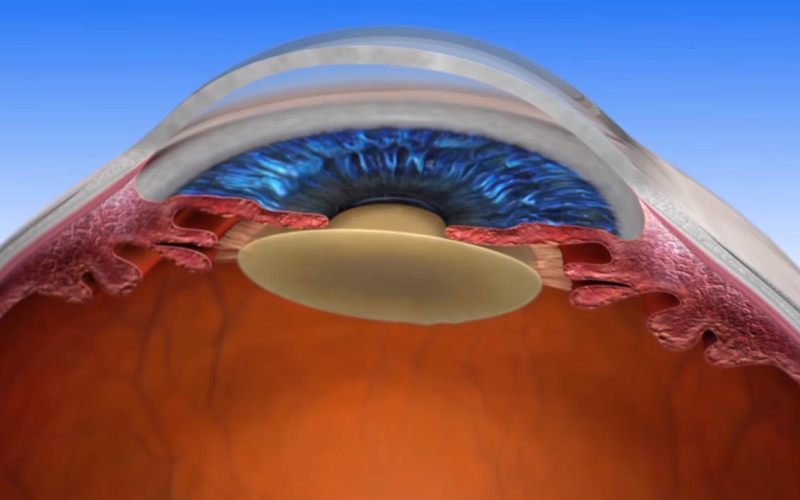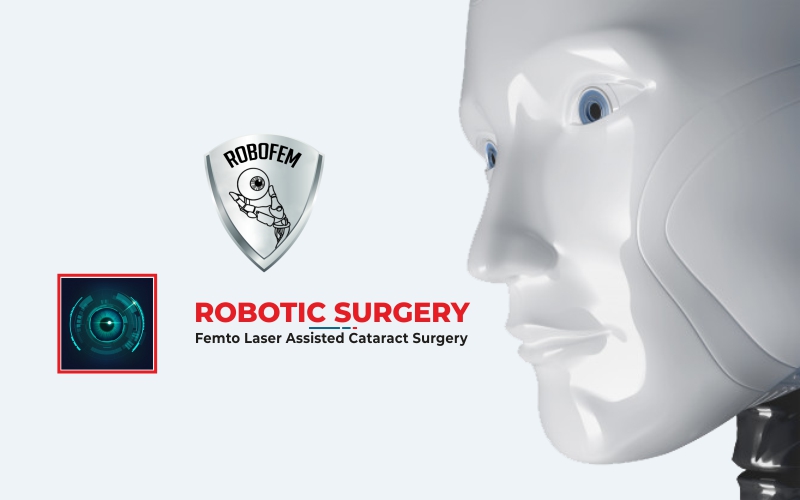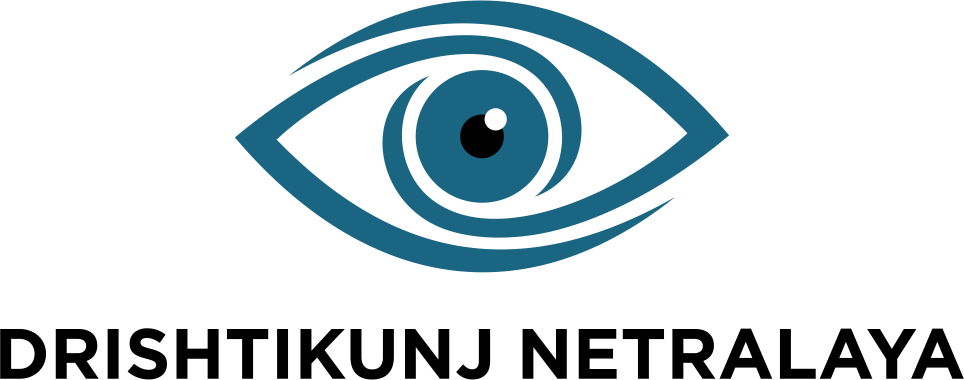Cataract
>
A cataract is a clouding or opacity of the eye lens which causes gradual blurring of vision and finally may lead to blindness.
Cataracts gradually increase the opacity of the eye’s natural lens and limit the ability to see clearly. A lens is a transparent structure inside your eye, which works like a lens in a camera. Likewise, a foggy camera lens makes everything dim and blur, a cataract makes it hard for you to see clearly.
What Occurs in Cataracts
Cataract
Cataracts are the most common cause of blindness. Now with the availability of advanced treatment of phaco systems, cataract treatment is a painless and very comfortable day care process. Without any use of injection, suturing and bandage, enables the person to start his/her routine life from the very next day.

Symptoms of Cataract
Cataract patients may notice:

Colours Appear Faded

Sensitivity to Light

Changing Prescription of Glasses

Diffuse Light

Cloudy Vision

Double Vision in One Eye
Advanced Technology & Diagnostic Tools
- Topography
- Advanced Phaco System
Treatment Options
Our cutting-edge technology suite enables prompt diagnosis and improved outcomes for your visual well-being.

MICS / PHACO

Multifocal and Toric IOLs

FEATURED TREATMENT OPTION

Robotic Cataract Surgery

Robotic Cataract Surgery
It is a bladeless system specifically designed to meet the challenges during cataract surgery to perform the best clinical results and provide reliably excellent results to our patients.
Frequently Asked Question:
Below are a few frequently asked questions regarding Cataract?
How can I prevent cataracts from worsening?
By following a healthy lifestyle and have a balanced diet, the probabilities of cataracts getting worse may be reduced. Avoiding drugs which increase the risk of cataracts, can also prevent cataract growth. Also including long-term use of certain eye drops & medicines for skin and other ailments.
Last but not the least, reduce yourself from prolonged UV light exposure without covering your skin and wear UV protective sunglasses to cut back on cataract growth, even during cloudy days is a very effective safety measure.
Risks for cataract development?
Ageing is the most common risk factor for cataracts.
Other risk factors are:
• Taking certain medications
• Smoking
• Certain diseases like Diabetes
• Extended unprotected exposure to UV rays
What if you don't get your cataracts treated?
Cataracts will gradually grow to be ‘hyper-mature,’ if left untreated and can cause Glaucoma. Hyper-mature cataracts are way more difficult to remove, which can create complications in surgery. when you delay cataract treatment for too long, it can lead to complete blindness.
When should I get my cataract operated?
You can do without surgery until cataracts affects your daily life. If your cataract causes blurred vision, glare while driving, or make it difficult for you to complete daily life tasks, then it is time to go for surgery.
Is it possible to get rid of specs along with cataract surgery?
Yes, it is possible. Now, with the availability of the latest phaco refractive surgery techniques, one can get the freedom of specs for distance as well as near. Along with the removal of cataracts, implantation of Toric, Multifocal and EDOF IOLs is performed in these procedures.
Is it possible to get rid of specs along with cataract surgery?
Yes, it is possible. Now, with the availability of the latest phaco refractive surgery techniques, one can get the freedom of specs for distance as well as near. Along with the removal of cataracts, implantation of Toric, Multifocal and EDOF IOLs is performed in these procedures.
